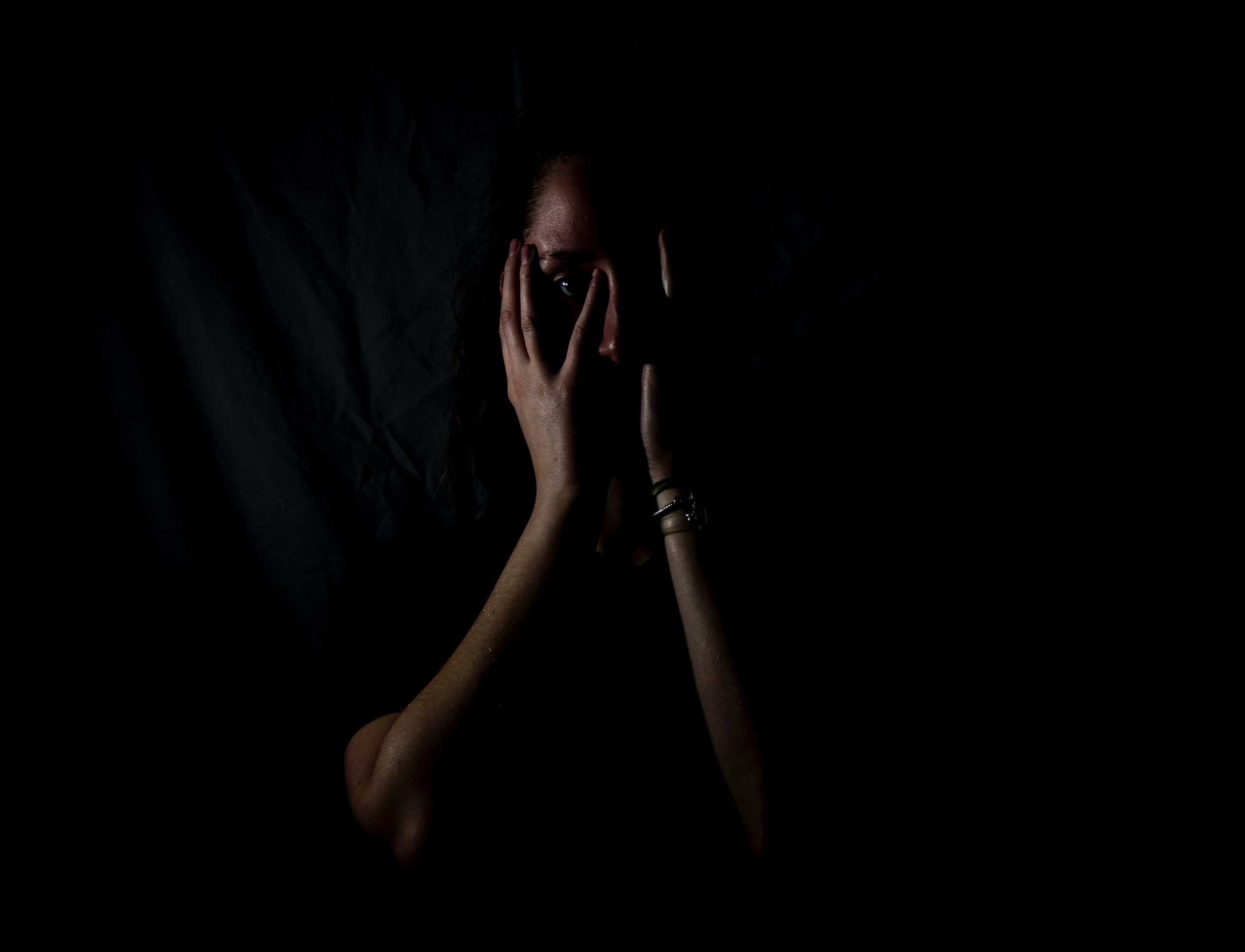As the sun sets and darkness creeps in, do you find yourself feeling a bit more on edge? Many of us experience an increase in anxiety at night, but have you ever stopped to wonder why? Is it simply a trick of the mind or is there something deeper at play? In this blog post, we’ll dive into the link between darkness and fear and explore why our minds may be more susceptible to anxious thoughts when the lights go out. So grab a flashlight (just in case) and let’s uncover what’s really going on inside our heads after dark.
The Link between Darkness and Fear
darkness and fear are linked in our minds. research has shown that people tend to feel more anxious at night than during the day. there are a few reasons for this. one explanation is that darkness can signal danger or threat. another is that the dark environment can stimulate our instinct to flee or hide. finally, nighttime is often associated with scary stories and fears, which can activate our anxiety system
The reason we feel more anxious at night
People experience more anxiety during the night because of a combination of environmental and genetic factors. One study found that people who live in light-polluted environments are more than twice as likely to experience anxiety disorders as those who live in natural settings.
Our genes play a role in how anxious we feel at night. People with the serotonin 5-HTT gene variant are particularly sensitive to the effects of light on their mood and are more likely to experience anxiety at night. This is because serotonin helps control our moods and anxiety levels.
Another factor that contributes to our increased anxiety at night is the darkness itself. Dark environments can create feelings of fear and isolation, which can increase our level of anxiety.
How to reduce anxiety at night
There is a strong link between darkness and fear. In fact, research has shown that people feel more anxious at night than during the day. One reason for this is that at night, our eyes are more sensitive to light. This increased sensitivity makes it easier for us to see things that might be harmful or threatening.
Another factor that contributes to our anxiety at night is our brain’s natural sleep-wake cycle. When we’re tired, our brains naturally become more reactive and anxious. Our thoughts and feelings tend to be more intense as well.
So how can you reduce your anxiety at night? There are a few things you can do to help ease your mind:
– Get plenty of rest: After a good night’s sleep, your body will have time to recharge and heal itself. This will help reduce the amount of stress your body feels overall.
– Avoid caffeine and alcohol before bedtime: These substances can interfere with your sleep cycle and lead to an increased level of anxiety. Stick to water or tea if you need something to drink before bedtime.
– Practice relaxation techniques: Several simple techniques can help calm your mind and take some of the pressure off of it throughout the day. Yoga, meditation, and deep breathing are all great methods to try out.
Conclusion
As we approach the end of the day, our natural darkness surroundings seem to amplify feelings of unease. One theory suggests that this is because dark environments encourage rest and relaxation, which in turn suppresses feelings of anxiety. However, there are also other factors at work – such as exposure to stressors and negative thoughts during the daytime – that can increase our propensity for fear at night. So next time you find yourself feeling anxious at night, take a step back and consider why it might be happening. And if you’re struggling with nighttime anxiety on a regular basis, don’t hesitate to reach out for help from your Doctor or therapist. Together, we can explore all of the possible causes and figure out a plan to address them head-on!




